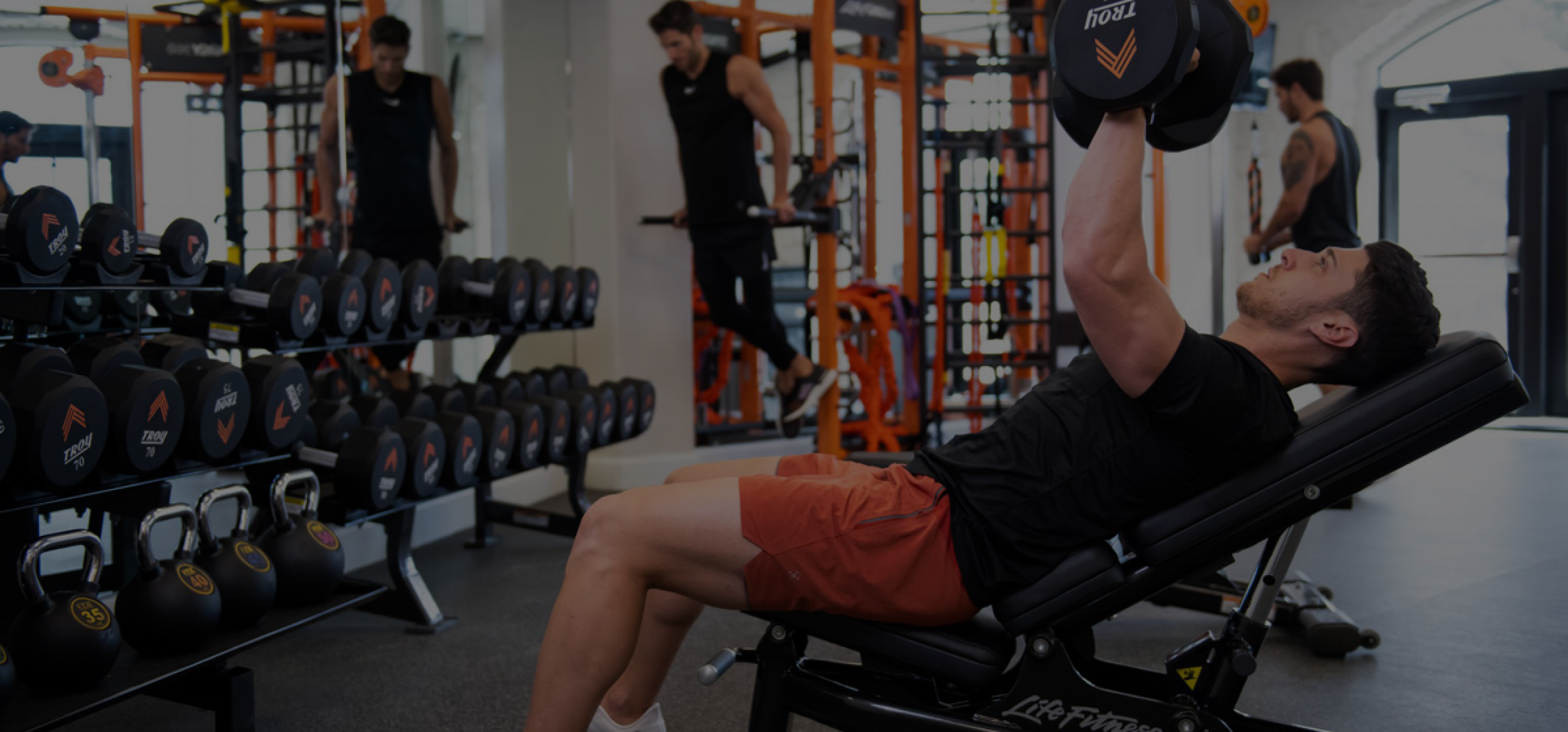The practice of yoga originated thousands of years ago at the dawn of civilization and is still practiced today, by many. Yoga is the spiritual discipline based on an extremely subtle science, which focuses on bringing harmony between mind and body1. It is the union between your mind, body and nature, bringing spiritual consciousness to one’s self. When establishing a healthy consciousness or self-realization, you are able to overcome your sufferings and walk freely through life.
Today, many consider yoga to be the art and science of healthy living. With over 15 million U.S. adults practicing yoga2, many have seen positive benefits in their daily lives, especially to their mental health. Studies have shown that yoga can help to reduce stress, anxiety, depression and insomnia2.
The Benefits to Your Nervous System
In the simplest terms, the nervous system is made up of all your nerve cells, throughout your body. It’s how we communicate, taking in information through our senses, processing that information, which in-turn, triggers a reaction3. There are many different systems that make up our nervous system, that include how we prepare for physical and mental activity, while other parts do the opposite and help us to cool down while we rest.
There are several ways yoga can help alleviate symptoms due to stress. Combining asanas (yoga postures), pranayama (breath work), and dhyana (meditation) are proven and effective tools to reduce anxiety, stress, anger, and depression, all aspects that affect your nervous systems negatively.
Yoga reverses the negative effects that stress has on our bodies, especially those that are long term. Practicing yoga also gives you tools, on and off the yoga mat, to ease you through the difficult poses of a class and to help ease you through the difficult areas of life.
You can learn to breathe through uncomfortable poses, situations, or experiences and you can learn to stand strong through hard and challenging (not life-threatening) poses and situations that may evoke that all too familiar flight or fight response.
Practice Yoga to Ease Regular Discomfort
Stress is a regular part of our everyday life and keeping a regular yoga routine can help you manage that daily stress. When your body is going through stressful situations, a flood of hormones are being released into your body. Adrenaline, Cortisol, and Norepinephrine4 are the three major hormones and if they are constantly being released, as mentioned before, can wreak havoc on your body. Keeping a regular yoga practice can help move these chemicals through your body and alleviate that stress.
Physical
Stress can physically arise in your body in many different ways. Aches and pains, headaches, and especially a stiff neck and back are the most common ways this discomfort is displayed. Having a physical yoga practice will help move and ease this stiffness, tension and discomfort out of your body. Asana practices themselves, can create a level of discomfort in your body and learning to push through this physical discomfort teaches strength, determination and stamina.
Emotional
There are certain areas of the body that hold our emotions, one area in particular is the hips. Practicing poses that open up the hips are ideal for releasing emotions. Often times, people seemingly cry for no reason during yoga classes, this is due to releasing emotional tension from stress, trauma or other mental health issues.
Mental
Yoga is mentally tough. Learning to control your thoughts can be difficult. The best way to learn this skill is through meditation, which can be used as a practice in and of itself or through each and every pose. Learning to talk yourself through a difficult pose, or to change your negative thinking into positive thinking, takes a lot of practice. Therefore, by practicing meditation, you will help to ease and discomfort of your mental health and get back to a more positive state.
Choosing the best practice for your physical ability and mental health needs is extremely important when deciding to recover from stress and anxiety.
The Best Yoga Poses and Practices for Noticeable Benefits
Child’s Pose
Benefits:
- Calms and refocuses the mind
- Slows down your heart rate
- Calms your nervous system
- Releases built up emotions in your hips
- Releases tension in your shoulder
- Provides rest
- Promotes feelings of stability and grounding
Ragdoll
Benefits:
- Calms and refocuses the mind
- Slows down your heart rate
- Calms your nervous system
- Releases built up emotions in your hips
- Releases tension in your shoulder
- Provides rest
- Promotes feelings of stability and grounding
Downward Dog
Benefits:
- Shifts perspective
- Relaxes the nervous system
- Bring fresh oxygen and blood to your brain
- Relieves tension in the lower back
- Creates focus and concentration
Tree
Benefits:
- Improves concentration
- Promotes balance and centering
- Creates a grounded and rooted feeling
- Calms the central nervous center
- Slows your heart rate down
- Fosters controlled breath
Supta Baddha Konasana
Benefits:
- Promotes deep rest and relaxation
- Calms the breath
- Refocus the mind
- Creates feelings of rooting and grounding
- Promotes a feeling of connection
Shavasana
Benefits:
- Ultimate resting pose
- Helps you feel supported and grounded
- Relaxes the mind and body
- Reduces stress
- Calms the nervous system
Yoga has many positive benefits on our mind, body and soul. It is used today by the American Psychological Association as a psychotherapy tool to enhance the well-being of others, improve symptoms of depression, ADHD and sleep disorders5. Yoga has been used to help treat mental health disorders that range from severe to less severe, alongside other traditional treatments or on its own. Talk with your healthcare professional to see if yoga is the best avenue for you in battling your mental health issues.
Our team at All Points North Lodge, located in Edwards, CO, can help you recover from mental illness and other anxiety related issues. We want to help guide you through your recovery, while facilitating personal growth and empowerment, surrounded by nature.
To learn more about our programs or to schedule a consultation, contact our admissions specialist today.
Reference
- Basavaraddi, D. I. V. (2015, April 23). MEA: Statements : In Focus Articles. Ministry of External Affairs, Government of India. https://www.mea.gov.in/in-focus-article.htm?25096%2FYoga%2BIts%2BOrigin%2BHistory%2Band%2BDevelopment#:~:text=The%20practice%20of%20Yoga%20is,first%20Guru%20or%20Adi%20Guru.
- Novotney, A. (2009, November). Yoga as a practice tool. Monitor on Psychology, 40(10). http://www.apa.org/monitor/2009/11/yoga
- InformedHealth.org [Internet]. Cologne, Germany: Institute for Quality and Efficiency in Health Care (IQWiG); 2006-. How does the nervous system work? 2009 Oct 28 [Updated 2016 Aug 19]. Available from: https://www.ncbi.nlm.nih.gov/books/NBK279390/
- Ranabir, S., & Reetu, K. (2011). Stress and hormones. Indian journal of endocrinology and metabolism, 15(1), 18–22. https://doi.org/10.4103/2230-8210.77573
- Schrader, J. (2013, May 23). Take a Stand for Yoga Today. Psychology Today. https://www.psychologytoday.com/us/blog/get-hardy/201305/take-stand-yoga-today.





